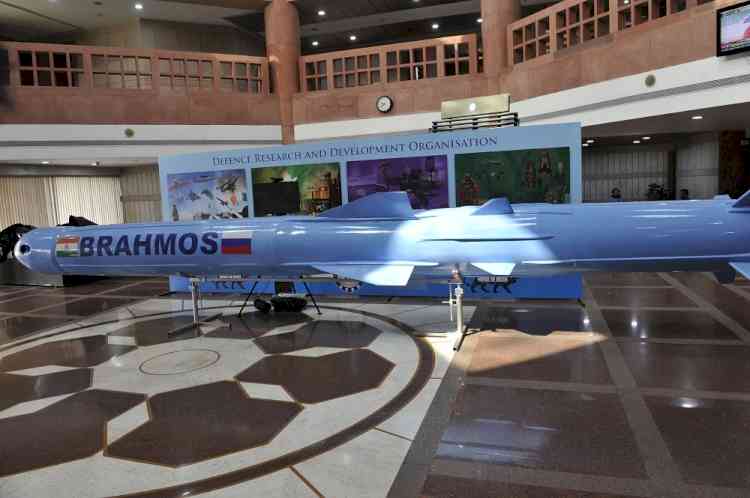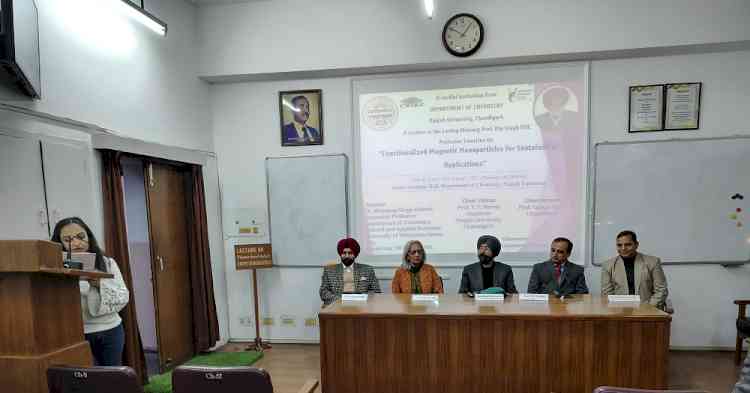Brahmos deployment on India-China border poses no threat to China's security: Report

New Delhi, Nov 14 (IANS) Chinese observers slammed the Indian government's plan to deploy the BrahMos missile - its most advanced missile - at the India-China border, warning it would add new barriers in talks to peacefully address the border tension and further deteriorate ties, Global Times reported.
However, they noted that the new weapon would be only of theoretical use while posing no actual threat to China's security, the report said.
India TV news reported on Friday that the Indian government has backed the ambitious Char Dham road project, for "wider roads are needed to transport missiles like the BrahMos and other military equipment" to the western part of the India-China border, Global Times reported.
The BrahMos is the most advanced supersonic cruise missile India has. Developed since 2007, it can be installed on ships, submarines, aircraft and ground vehicles and has a range of up to 290 kilometers and a maximum speed of Mach 3, according to Army Technology.
"This is why tension keeps rising along the China-India border and unwanted military conflicts broke out," said Song Zhongping, a Chinese military expert. The deployment of the BrahMos shows India's unstoppable greedy ambition to encroach on western China's territory, Song told the Global Times on Sunday.
Song said that despite the theoretical threat to China's border security, the People's Liberation Army has been strengthening its air defense capability to intercept supersonic cruise missiles like the BrahMos, the report said.
Global Times said China could even strike and destroy BrahMos missile silos and other military facilities in advance in events of conflicts, Song emphasiSed, explaining that "India's poor infrastructure construction in west section of China-India border limits the maneuverability and invisibility of the missile base."
The deployment of the BrahMos can be interpreted as India's pretense of taking a tough stand over the matter, contrary to the fact that the two sides both emphasize the need to address the border issues through peaceful talks, Qian Feng, director of the research department at the National Strategy Institute at Tsinghua University, told the Global Times on Sunday.


 IANS
IANS 













